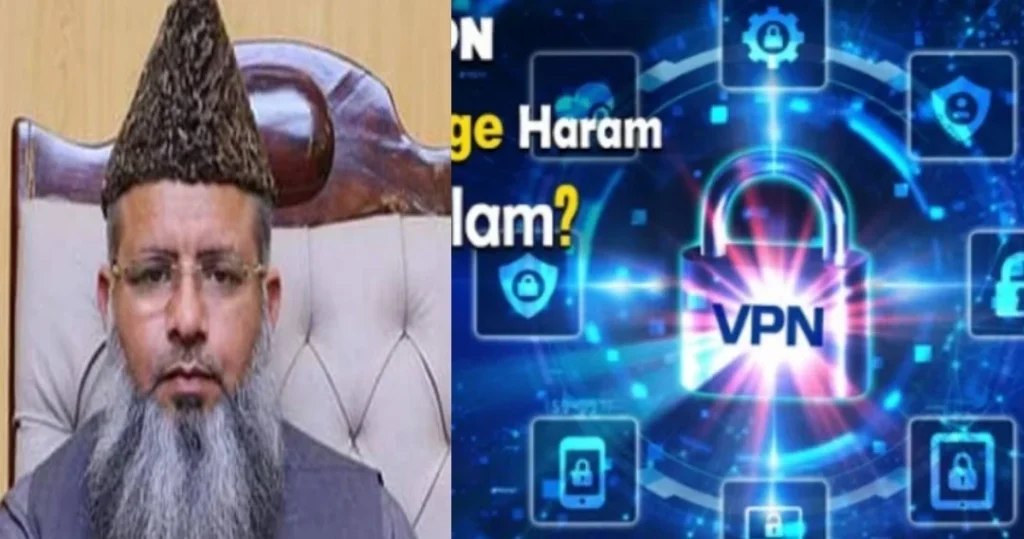Dr. Raghib Naeemi, Chairman of the Islamic ideology Council, clarified that VPNs are not inherently “haram” or un-Islamic. He emphasized that no software, app, or technology is intrinsically unlawful; rather, its permissibility depends on its use. A registered VPN, used within legal and ethical boundaries, aligns with Islamic principles.
Speaking during a session on social media usage, Dr. Naeemi stated, “We did not declare VPNs haram; a typographical error in our previous statement caused this misunderstanding. Our discussion revolves around the lawful and unlawful use of VPNs. Modern communication tools are essential, but their positive application is crucial. Access to information is a constitutional right, but restrictions without alternatives are ineffective.”
Dr. Naeemi further explained that social media must not be used for blasphemy, sectarianism, or extremism. He encouraged its use for education, business, and moral development. Misuse for terrorism, immorality, or incitement is contrary to Islamic teachings.
The council issued a unanimous statement, affirming that VPNs are permissible for legitimate purposes, such as communication or education, provided they comply with government regulations. Registered VPNs should be prioritized, and unregistered ones avoided. Governments are urged to facilitate positive usage and curb harmful applications.


